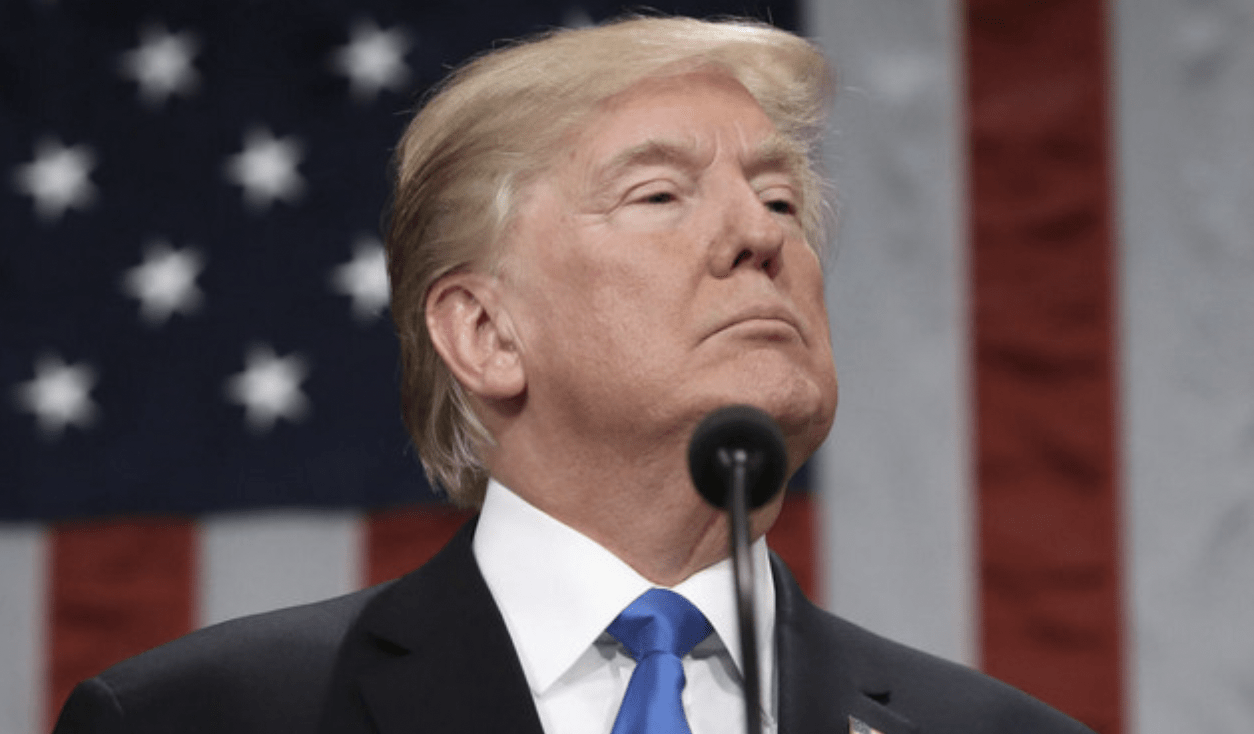‘I’ll Furnish the War’: Trump’s Weaponization of Trade

By Lisa Van Dusen
March 8, 2018
Nobody ever said Donald Trump was subtle. But his lack of subtlety is easy to lose sight of amid his belligerence, combustibility and recklessness.
But we were reminded of his lack of subtlety last week when he tweeted “Trade wars are good, and easy to win.”
Coming as it did Friday during the latest round of NAFTA re-negotiation talks in Mexico City, the de facto declaration of economic war at least had the advantage of being overt and closed to interpretation. It was no covfefe.
When you’re involved in a complex, trilateral negotiation on a massive trade agreement that has, if not irrevocably integrated three North American economies, at least integrated them to a degree that will not be reversed without enormous costs to all parties, and the head of government of one of the parties essentially declares war, it’s more than an irritant.
It might have been easier to dismiss the timing of Trump’s grenade if he hadn’t announced Thursday that the U.S. government will impose a 25 per cent tariff on imported steel and 10 per cent on aluminum, in an action that, given Canada’s status as the major source of both U.S. steel and aluminum imports, seemed designed to at best leverage and at worst sabotage the NAFTA process.
Trump’s views on trade have been not just anomalous, they’ve been downright exotic. He famously takes trade deficits personally, demonizing them as the Alec Baldwins of the existing world trading regime, willfully neglecting the pre-NAFTA history of entirely rational import-export gaps on the part of the most consumption-driven economy on earth. Trump is the first American president — the first leader of a major industrialized economy, for that matter — to characterize trade deficits as a hostile act and source of aggrieved outrage for political fun and profit.
He is fond of singling out Canada as a trade deficit perpetrator and NAFTA as its trade-deficit weapon of choice, notwithstanding the fact that the United States, as Canada’s ambassador to the United States, David MacNaughton, has pointed out, maintains a $36 billion manufacturing surplus with Canada, based on U.S. data.
Last week’s outbursts were preceded by Trump’s addition Monday of a few new flourishes to his occasional portrayal of Canada as a Machiavellian trade mastermind, telling governors that Canada has “outsmarted our politicians for many years.” “We lose a lot with Canada. People don’t know it,” he said. “Canada’s very smooth.” (Best tweet was from CNN’s Chris Cillizza: “‘Canada is very smooth.’ – Donald Trump. No one has ever said this about Canada before. Not ever. Never.”)
Above all the bilateral and trilateral short-term considerations at play, Trump’s trade belligerence reflects the priorities and long-term agenda of the anti-democracy, aspiring New World Order interests he has been delighting daily since his inauguration, including Russia and China.
When he said last week that the World Trade Organization has been a disaster, he was rationalizing an attack on the existing global trade regime that is no different, in tactical terms, than his attacks on the United Nations and every other manifestation of the U.S.-led, rules-based international order. “An eye for an eye will leave us all blind, and the world in deep recession,” WTO Director-General Roberto Azevedo said Monday, paraphrasing Mahatma Gandhi.
Canada would be wise to consider suspending the talks — not walk away from NAFTA, just these negotiations with this president at this time. He was already under investigation based on events that call into question whose interests he’s actually representing before he declared an ill-informed fondness for trade wars. Both factors raise the question of whether he is bargaining in good faith.
Lisa Van Dusen is associate editor of Policy Magazine. She served as Washington bureau chief for Sun Media, a writer for Peter Jennings at ABC News, and an editor at AP in New York and UPI in Washington.
